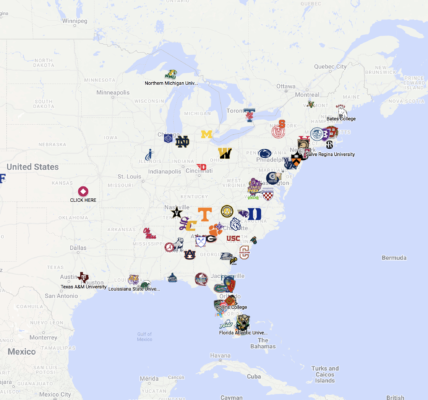By Natalie Decker
The concept of convenience has changed and been construed over time to poison the minds of the people, turned around to simplify the already simplest of tasks. When did it become too taxing to wash a glass or rinse off a plate? The dispose-culture has created a worldwide problem, throwing things away after just one use- “out of sight, out of mind”- unaware of the life of the trash after it is picked up by the garbage truck. The only way to solve the problem is to leave the mindset that it is more convenient to throw everything away. Living on your own for the first time is challenging and costly, but forming these sustainable habits in the first few years can be vital to a sustainable lifestyle- that also saves money.
REUSABLE BOTTLES. On average, a pack of bottled water costs about $6, and lasts one person about a week. This means that one person may spend over $300 on water in a year alone. A cheaper and more sustainable alternative is reusable bottles. Purchasing a water filter (Brita filter is $15.99 at Target and on Amazon) and a reusable water bottle (depending on quality and material, ranging from $3 to $20) will last the whole year and beyond. Rather than wasting money and a water bottle to sit in your home and drink it, just pour a glass of water and then wash and reuse when finished.
TUPPERWARE/JARS. Food waste is also a huge problem, so at least aiming to store leftovers is a plus. However, Ziploc and other disposable baggies are a huge waste to be thrown out after each use, and a poor spending habit. Same as single use bottles, the cheap cost is misleading because of the need to keep buying. Switch to an alternative, like purchasing Tupperware containers to keep food in (also great for packing food) or reuse old glass jars from sauces or jams as storage as well.
DRIVE LESS. Lowering fuel emissions is a great way to both reduce the amount of air pollutants released and also to save money. Choosing to walk or bike around campus rather than driving is a good way to exercise, saves gas money and is much more sustainable.
SUPPORT LOCAL. Do some research and look for a local farmers market in your area, produce will often be cheaper than in a grocery store and this is a great way to support local businesses and sustainable farming practices (without having to grow your own food).
MINIMIZE UTILITY COSTS. Using less water and reducing energy usage is a great way to lower bills and protect the environment. It can be acts as simple as not letting the water run when it is not in use, or turning off the air conditioning when you leave home.





